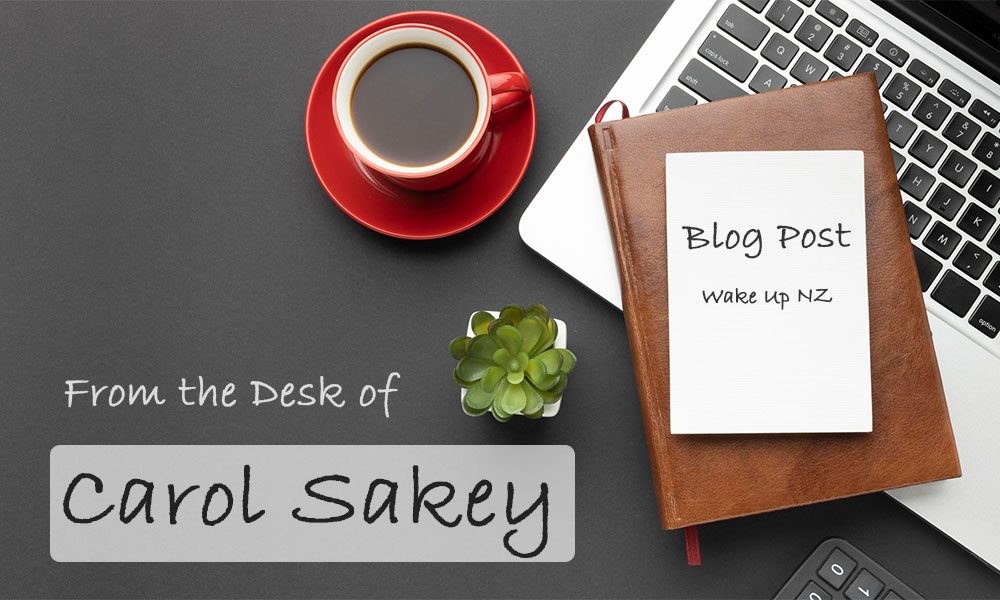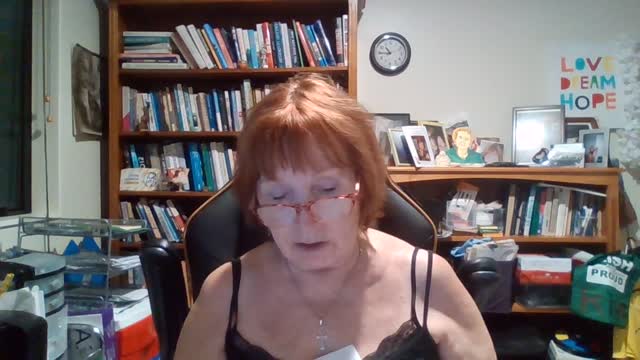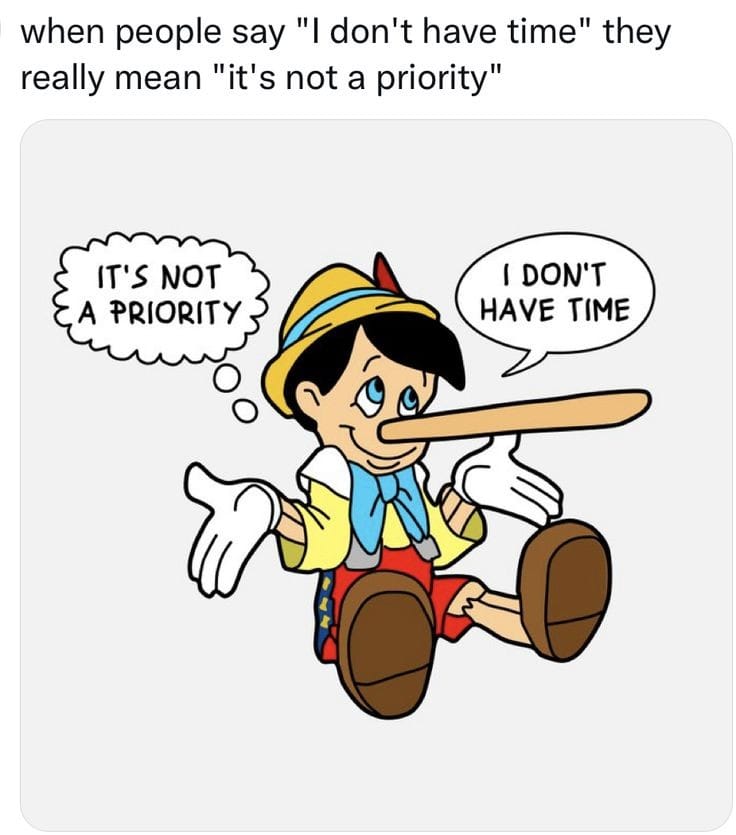
THE DANGEROUS CONCEPTS OF EUTHANASIA ‘ARE PEOPLE CONSIDERING THE RISKS TO MANY VUNERABLE PEOPLE’?
CHOICE: Euthanasia ‘End Of Life Choice” has dangerous concepts this is a sensitive subject because people do not take into consideration that this bill was passed because it was one on the personal sensitivity on ones feelings (of course that’s natural) but not of the facts (the dangerous concepts within the Act). Is patient taking medication? What is happening behind closed doors (coercion and manipulation secrecy and fear- referring to age concern etc.,) Patients can choose not to be resuscitated … patients feeling unworthy, a problem to the family…This is another Benefits vs Risks Scenario. Politically Government saving on healthcare costs. And ignoring Hospice funding issues. Another issue being as in other countries when you introduce an Act like this it will significantly expand its boundaries ..Dangerously dehumanizing beyond humanity itself. (DON’T YOU LOVE THE WORD ‘CHOICE’??)
PUBLIC OPINION: There is huge controversy around this Euthanasia Act for doctors ‘ ethically’ eg Do No Harm. Protection of Life. The legal and practical considerations of the End Of Life Act. There is confusion regarding the terminology among the general public of NZ (Enter word CHOICE into Bill- everyone’s wants choice- become an over-riding psychological issue) When people do not have the facts and lead from the heart this can be a huge problem when it comes to risks of other peoples lives and seen as the benefit of a few (softening peoples views on a life and death matter). Majority of NZrs would not even understand or bother to analyze the legislation. Conscience Vote overriding the Facts, Concepts within the Act
ABSENCE OF LEGAL REQUIREMENTS: The High Court concluded that there are limited declarations around the interpretation of the Act. Absent of legal requirement for nurses, pharmacist and other health professionals whom may object this includes hospices.. The law does not protect the vulnerable under the Euthanasia Act. End of life depression can be treatable. Being unworthy of life becomes a normal concept and socially acceptable as a concept. The way doctors communicate information can determine the decision making of the patient. One must consider the motivation behind seeking euthanasia a doctor cannot be sure of this they do not live the private life behind the doors of the patients personal existence. Subtle coercion and unseen influence is easily ignored, not even seen, evident.
A SLIPPERY SLOPE: Legislatively the patient has a legal right to refuse treatment, enable do not resuscitate and proxy decision making thus reaffirming bans on assisting suicide. The Euthanasia Act sends controversial messages to those whom are suicidal. The Act may not adequately safeguard peoples lives against their wishes, The Euthanasia Act (End Of Life Choice Legislation) is a slippery slope. One big challenge is that is complicated is where the primary doctor conscientiously objects, the replacement doctor then assumes responsibility without any long term relationship knowledge of the patient or his/her family. Even ones own personal doctor is not likely to know this, even more so with doctor, nurses shortages and more and more virtual doctors visits will take place.
DOCTOR-PATIENT RELATIONSHIP: Doctor-patient relationships are not what they use to be in todays post modernized world. The second doctor providing a second independent opinion has no obligation to determine coercion or undue influence at the time of the final consent to administrate the final lethal dose. Concern have been raised concerning the Euthanasia Act’s regulatory framework. The Review committee did not receive demographic data such as age, gender, ethnicity and excluded coercion, thus making it difficult to confirm the statutory requirement of “satisfactory compliance with the requirement of this Act”. Thus there is no way at all that patients that seek euthanasia are being coerced or not, as subtle coercion can easily be undetected. Therefore there are NO Safeguards for vulnerable people. .Socio economic status and other area’s of a patients life and dependency on family can cause a loss of dignity hence seeking euthanasia.
RISKS AND GAPS: The risks and gaps have not been measured as to benefits and risks. Since the Act was introduced legislatively we have been living in times that are hyping up the anxiety and grief especially around the most vulnerable this surely will increase the seeking of euthanasia (I just want out of here AND THIS IS THE ONLY WAY OUT). Risks and Gaps have allowed the governments determination to control NZrs lives.
MENTAL HEALTH SERVICE FAILURES: Mental illness and vulnerability is common in terminally ill people, depressive disorders. How do you differentiate depressive disorders from grief reactions in the case of terminal illness, its too difficult. Mental Health services in New Zealand have fallen over when it comes to given a person an app to take home when they are crying out they want to jump off a cliff and kill themselves. Under treatment of psychiatric illness is common in New Zealand.
CANCER PATIENTS: It is reported that 80% of cancer patients remain unrecognized and untreated for mental health issues. Cancer accounts for one of the largest reasons for euthanasia overseas thus more people seeking euthanasia. NZ Government state they prioritize reducing suicidal deaths rates whilst provisionally approving assisted suicide under this Euthanasia Act
LACK OF PALLIATIVE CARE: In 2019, the United Nations Special Rapporteur on the Rights of Persons with Disabilities expressed extreme concern with Canadian legislation,49 and recommended “adequate safeguards to ensure that persons with disabilities do not request assistive dying simply because of the absence of community-based alternatives and palliative care”
HOSPICE: It is highly reported that Hospice services will be significantly negatively effected because of a serious lack of government funding. The government would people seek assisted suicide than fund a persons right to dignity in dying and ongoing support for family in their time of grieving. Through Hospice they value ‘Dignity in living and Dignity in Dying.)
LEGAL PERSPECTIVE: From a legal perspective, the EoLCA poses many challenges and unanswered questions about how to ensure the process is safe for all involved. Proponents rightly point out that many of these questions should be addressed at a professional level with training programme’s, clear guidelines and access to adequate support. On the other hand, opponents point to overseas evidence of underreporting and nonvoluntary euthanasia to illustrate risks of the legislation.
NORMALISING THE CONCEPT OF PREMATURE DEATH AS BENEFICIAL: Based on overseas experience, once legalized, euthanasia eligibility criteria will be challenged, and are likely to be expanded over time. Some regard this as an egalitarian progression towards a better future that includes a ‘right to die’, while others view this as an unacceptable risk of the EoLCA. .(Euthanasia Legislation)
NON-VOLUNTARY EUTHANASIA: Administration of a life-ending substance to a patient who is unable to consent due to a medical condition..
NZ MEDICAL ASSOCIATION: Considers that voluntary euthanasia is unethical, but supports a persons pain relief which can hasten a patients death which is determined as ethical. There is an acknowledgement that a patients autonomy may be compromised without a doctors knowledge as to what happens in a patients private life behind closed doors, therefore the ACt does not adequately safeguard vulnerable peoples lives. There could also be poor symptom management and broken communication between the doctor and the patient.
THE REFERENDUM (DOCTORS): There was little room for doctor to abstain yet they are the ones that are holding the needle (the lethal dose). Similar to the nation wide jab of COVID 19 jab.DO NO HARM is ignored as the government goes along with the Risks vs Benefits. The Risks have been also ignored in David Seymour’s Euthanasia Act. CHOICE has embedded itself in people hearts as they had their choices taken away. I personally believe this is of serious concern. (The word CHOICE used for coercion and indoctrination of this legislation). What the eye does not see the heart does not grieve over.
HOW MANY VULNERABLE LIVES ARE PUT AT RISKS BECAUSE OF THIS EUTHANASIA LEGISLATION AS TO THOSE THAT BENEFIT FROM THE LEGISLATION? If this is too difficult to answer then this should be of very serious concern. There is nothing more precious than life itself. It is fact that people have been told they only have 6 months to live by health professionals and have lived much longer and have been able to live and die in dignity with the right care, love and respect. As we see more and more fragmented families this becomes a real issue around the seeking of Euthanasia, the premature ending of ones life.
DATA IN AND DATA OUT: Often, a patient is considered terminally ill when his or her estimated life expectancy is six months or less, under the assumption that the disease will run its normal course based on previous data from other patients.
DETERMINATION OF ONES LIFE SPAN: My father was given 6 months to live he had a brain tumor, cancer on the lungs he lived for over a year. He was surrounded by family in his own bed at home. Hospice sat with us for 24 hrs as he finally passed away.
DEATH IN DIGNITY AND DIGNITY IN DYING: When a person is treated with dignity, love and respect there is a reason to want to live, a reason not to seek a needle with the legal dose injected into your body. Hospice made sure pain killers were administered adequately. They also enquired about our families needs. I have been involved with Hospice helping people write their ‘end of life’ story times, of times gone by. (The Government would rather fund premature death than dignity in living and dignity in dying)
HEART VS HEAD: The ruling from the heart (conscientious vote) ignoring the dangerous concepts this is exactly how this Bill was passed. People calling upon their very real emotional grief of watching loved ones dying, a natural grief, is normal… but this ignores the very serious risks that vulnerable people are being put in when it comes to life and death decisions. I acknowledge how the heart grieves in these life and death situations but should we ignore the dangerous concepts the risks it puts other human lives in?
THE DANGEROUS SLIPPERY SLOPE: YES, I call this a slippery slope, and another psychological coercion by the government in the word ‘CHOICE’ (End Of Life ‘CHOICE’ Act). And no-one speaks out, everyone is silent. SILENCE IS CONSENT to be indoctrinated and coerced even at he end of ones life.
NOTE: I followed this Bill throughout and much earlier on could see the dangerous conceptions within the End of Life Choice Bill (legislative Act). I was saying exactly the same then as I am saying right now. ITS A VERY SLIPPERY SLOPE and we should never ignore it.
Researched By Carol Sakey
-
-
Monday - September 11, 2023 - EUTHANASIA
(6)





Leave a Comment